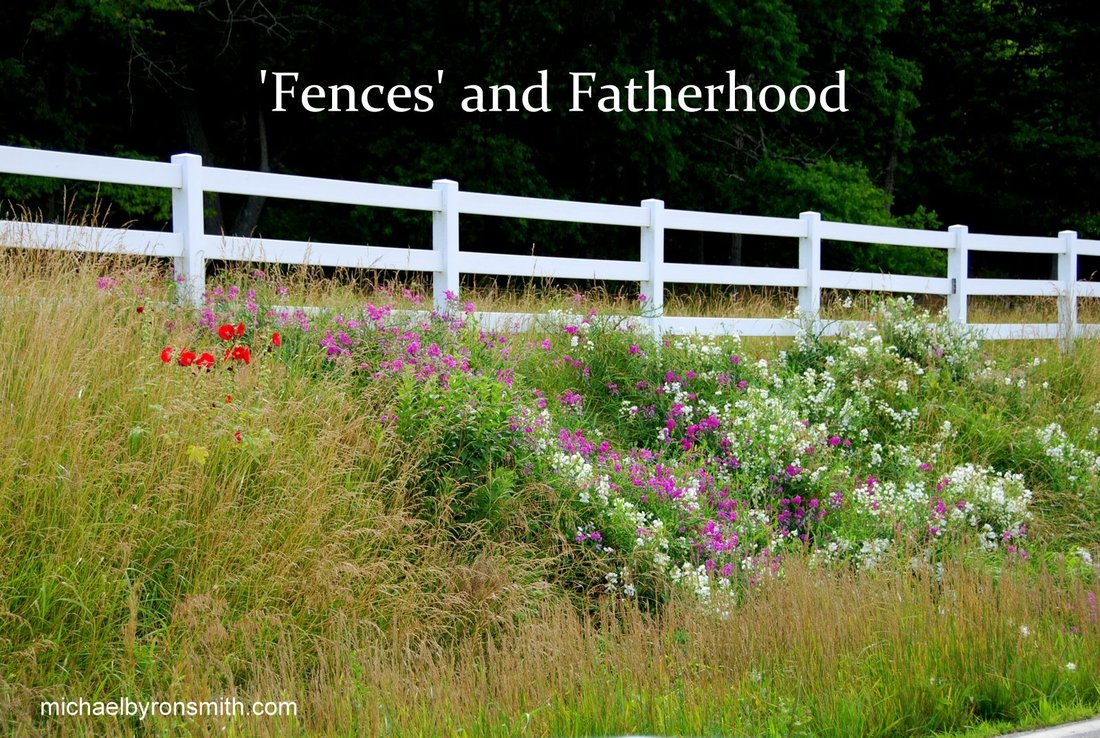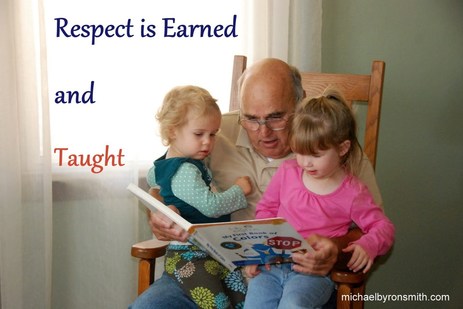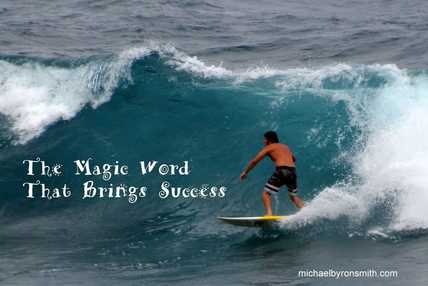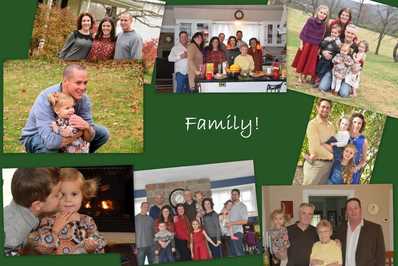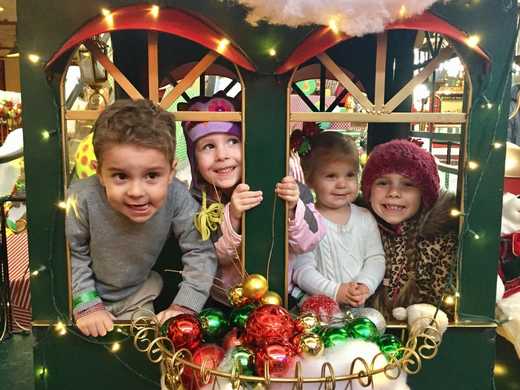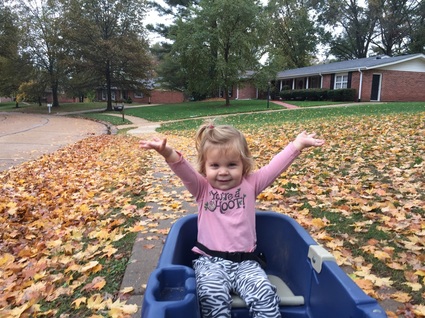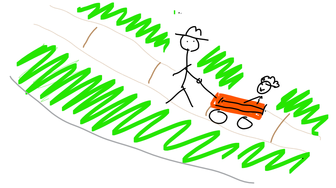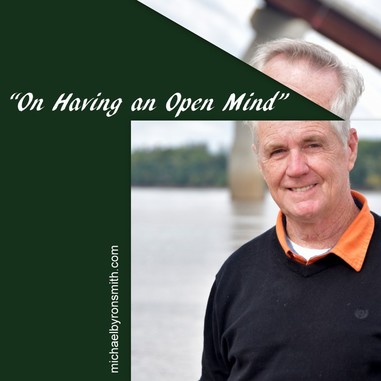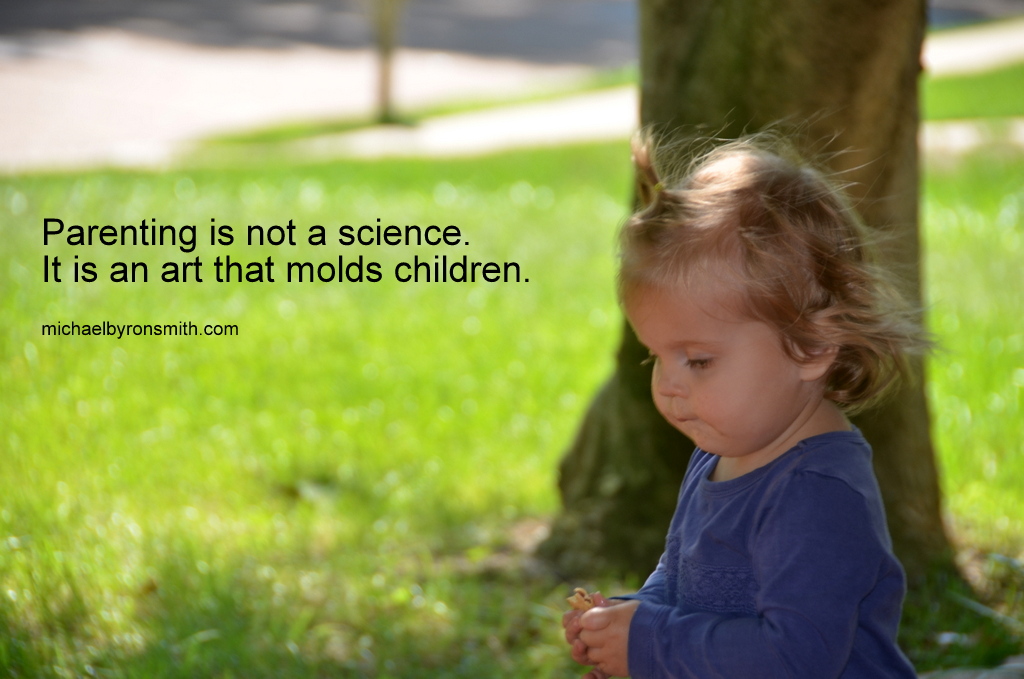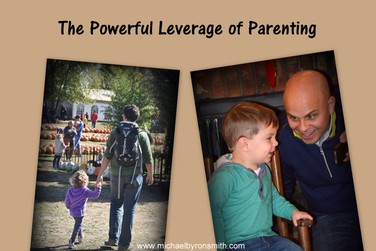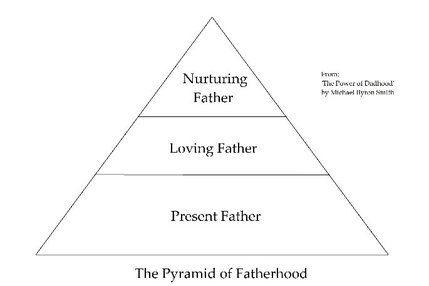
If you have seen Fences, you will be able to follow as I compare Troy to the principles in my book, The Power of Dadhood. If you haven’t seen it, I highly recommend it. But be aware, there are no action scenes or sex, a disadvantage when trying to draw huge audiences. Most people want to escape from reality rather than study it!
Troy is in his fifties, has a wonderful wife and a modest job that pays the bills. As the movie progresses, we learn that his father was absent and certainly not someone to look up to. To his credit he, in turn, has become a force in the lives of his two sons. He is ‘present’ in their lives which represents the base of the ‘Pyramid of Fatherhood’. Being present is huge in parenting! Too many children (33%) grow up without their biological father living in their homes and the negative results of that situation are spelled out in detail in my book.
But being present is where Troy’s journey on the pyramid stops. He gives advice but it comes with a raised voice and a furrowed brow. He never comes close to being a loving father. He’s not interested in his younger son’s promising football career and, in fact, forces him to quit, ruining his chance at a college scholarship. The older son is a musician who begs his father to come hear him play, but Troy refuses.
His sons respect his power over them, but not so much him. This is especially true of his younger son who charges his father with being afraid of his potential success. But one true thing is apparent. His sons have stayed out of trouble largely attributed to his presence and oversight. Troy himself had spent fifteen years in prison for theft. There was no father figure to keep him straight and he didn’t want that for his sons.
When challenged about his fathering style by his wife, Troy repeats over and over. “I’m doing the best I can!” In Troy’s mind, compared to what he has experienced, he is doing his best. He’s doing what he thinks is best, but makes no effort to ask or listen to anyone else’s ideas. It would never cross his mind.
This is true for many men, maybe most!
Troy’s friend, Bono, when talking about the fence Troy was putting up for his wife said to Troy, “some people put up fences to keep people out, and others to keep people in.” I think Troy’s personal fence kept people out. He let his wife and Bono peek over the fence, but even they didn’t know the man that just had to have time to himself, outside of the family. And men do need time to themselves as men, but Troy went too far as the movie will explain.
I have an appendix in my book that is entitled, “The Seven Characteristics of a Successful Dad”.
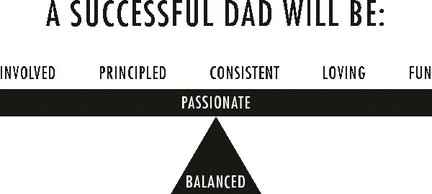
- Troy was involved because he was present. This may be the most important of the characteristics. He gave advice, had rules, and was consistent in enforcing those rules. All very important!
- He had some principles. Hard work and self-responsibility being two important principles. But he lacked many other principles such as an open mind and empathy.
- As stated in #1, he was consistent in enforcing his rules. It’s just that his rules could often be harsh.
- Loving? Troy was loving to his wife and close friend Bono. He was not, however, loving to his two sons. It was obvious that they missed his love.
- Fun? Again, he was often a fun guy, but never was there any humor as a father.
- He had passion in the past for baseball, and passion in the present for being angry at not making a better life for himself. He was also passionate in protecting his authority. Unfortunately, his passions did not include being loving to his sons.
- Balance? Clearly, Troy was not balanced for all the reasons stated. He did not balance his one-sided rules and power with loving nor fun. He did not balance his principles nor his passions. His life was not balanced at home and he had to go outside of home to look for what he thought he was missing.
Fences in Fatherhood
Look again at the ‘Pyramid of Fatherhood’ above. There are three levels of fathering that build on each other. Each higher level includes the characteristics of the lower levels, yet is smaller, representing fewer fathers meeting these goals. I contend that there are fences between each level that keep fathers from becoming the best dads they could be. It is my hope to bring down those fences… or, at least, put gates in those fences making it easier for ‘present’ dads to also be loving, and ‘loving’ dads to also be ‘nurturing’ dads. This has been my work since my retirement. The pay is negligent, the costs are high, but the rewards are invaluable when fathers become dads!
Summary
If you have seen Fences, I hope you can think back to the movie in the light I have shown. You may disagree with my insights and I would be happy to hear your views. If you haven’t seen it, please consider watching it and look for what Troy does well as a father, and what he does poorly. Watch the interaction between Troy and his sons. Their faces tell us so much about what they want and don’t get. But his fatherhood was a marked improvement over the fatherhood he didn’t have as a son and I believe his sons will become much better fathers than Troy had been. That alone is the positive side of this moving story. All fathers can learn quite a bit about themselves as they watch Fences, and reflect upon themselves as dads!

